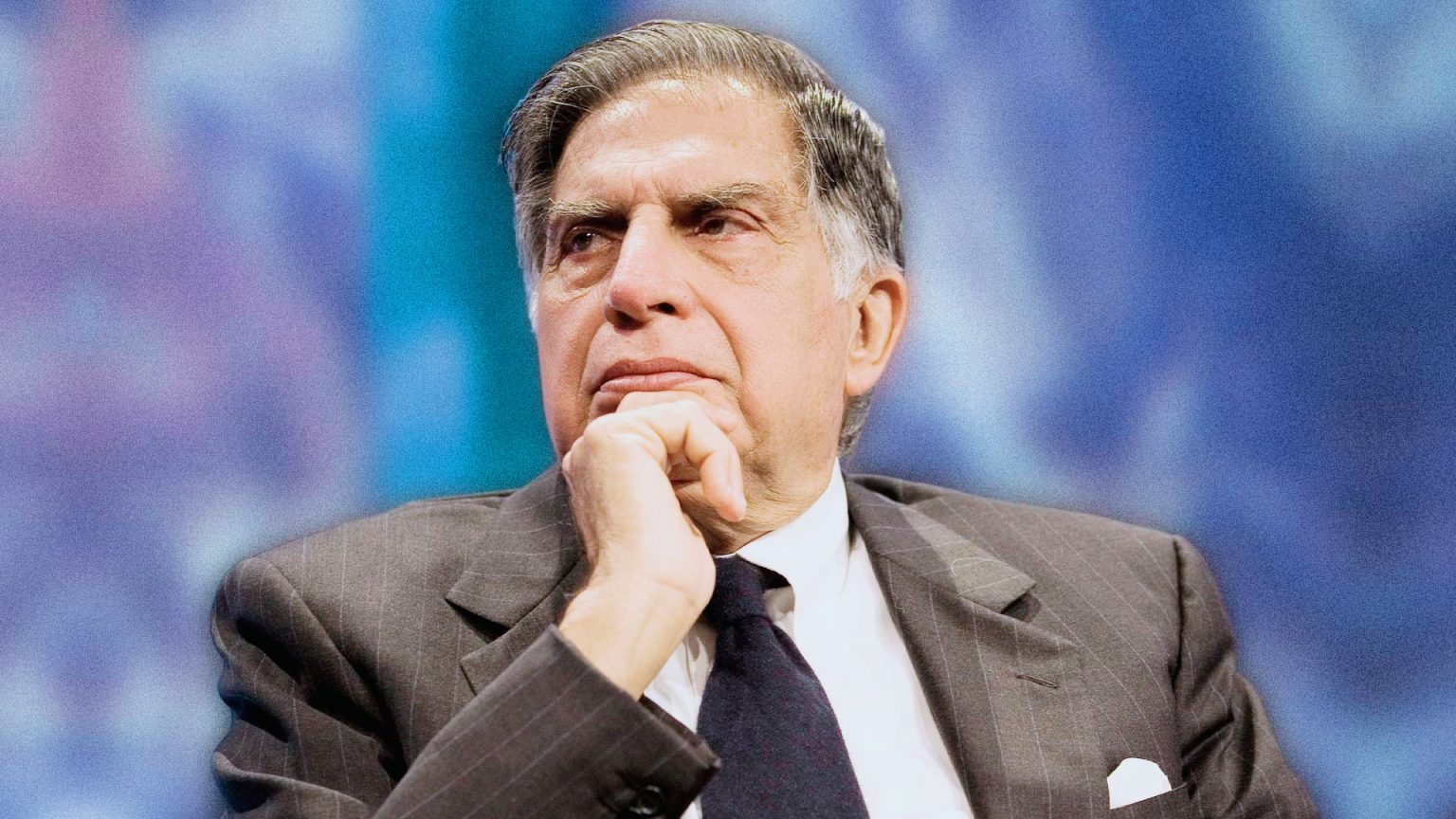When the Indian economy began to open up in the early 1990s, Ratan Tata, the chairman of the Tata Group, led the conglomerate through a series of acquisitions and strategic decisions after assuming leadership in 1991.
Ratan Tata death
Ratan Naval Tata passed away late on Wednesday at the Breach Candy Hospital in Mumbai. His impact goes well beyond his incredibly prosperous business empire. The surviving family members of Ratan Tata, who stayed single, are his younger brother Jimmy Tata, stepbrother Noel Tata, and stepmother Simone. Trent’s chairman is Noel Tata.
Ratan tata business strategy
After earning a bachelor’s degree in architecture from Cornell University in Ithaca, New York, in 1962, Ratan Tata joined the family business. After obtaining experience at several Tata Group companies, including the National Radio and Electronics Co., he began his career on the factory floor.
In 1971, he was appointed director in charge of one of these companies. Ten years later, in 1991, Ratan Tata took over as the leader following the death in Switzerland of his uncle, JRD Tata, who had led the company for over fifty years. His acquisition of the Tata Group happened by happenstance or fate to align with India’s economic liberalization in 1990.
Following economic reforms, the nation experienced liberalization and foreign investment. Ratan Tata quickly transformed the group. It had started out as a modest textile and trading company in 1868, into a multinational conglomerate with businesses ranging from salt to steel, automobiles to software, power plants, and airlines.
The 156-year-old business enterprise was quickly grown by the businessman who inherited one of the oldest companies in India. It currently operates in over 100 countries and generated $165 billion in revenue in the fiscal year that concluded in March 2024. He received the Padma Bhushan, the second-highest civilian honor in India, in 2000, as well as the Padma Vibhushan, the nation’s second-highest civilian award, in 2008.
Ratan tata major expansions
Ratan Tata was regarded as “down-to-earth” and “unpretentious”. He maintained an unassuming existence while holding over 30 businesses in 100 nations over six continents. He oversaw the fast expansion of the salt-to-steel business for 21 years as chairman of Tata Sons. After 200 long years of colonization and hard-won independence, the “turn-the-tables” on some British companies was a major feature of the expansion. He is inspiring great pride in the ordinary Indian populace.
For $431.3 million, the London-based Tetley Tea was purchased by the Tata Group in 2000. For $102 million, the business acquired South Korean carmaker Daewoo Motors’ truck manufacturing division in 2004. By paying a whopping $11.3 billion to acquire the Anglo-Dutch steelmaker Corus Group in 2007, Tata broadened its scope.Subsequently, in 2008, the corporation acquired the prestigious British auto brands Jaguar and Land Rover (JLR) from Ford Motor Company for a reported $2.3 billion.
However, Tata’s most satisfying battle was probably his last commercial conflict.The flagship airline of the country, Air India. He was taken over by the government for over 90 years till Tata Sons reclaimed control of it in 2021.



